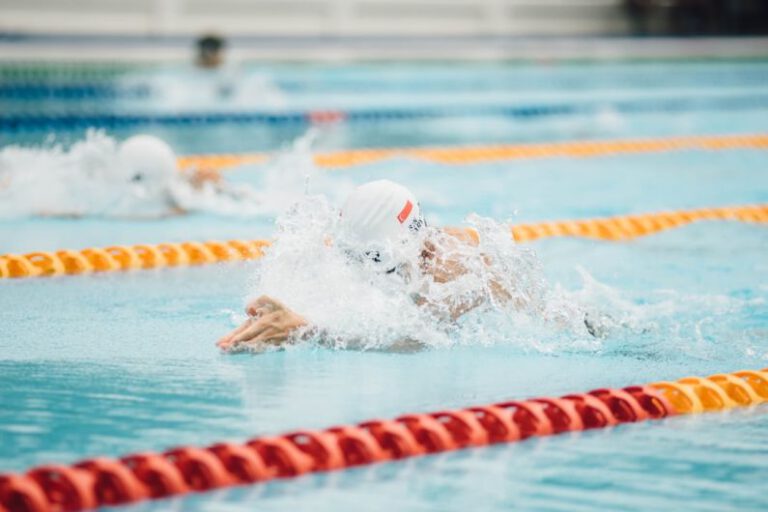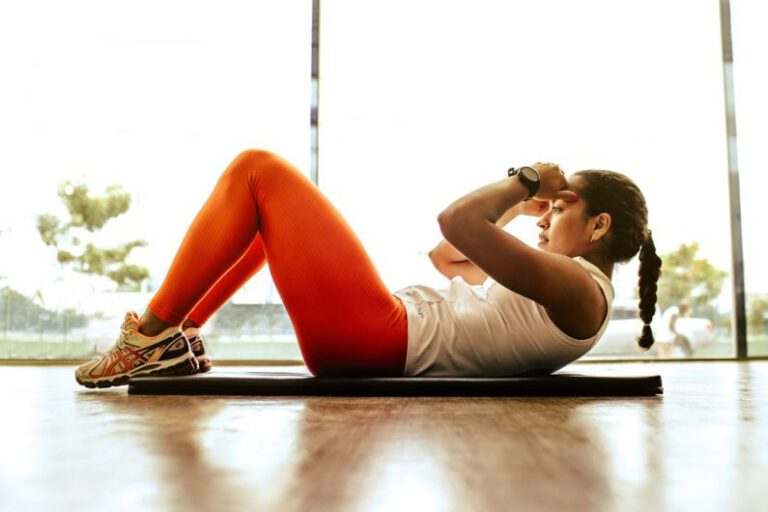The Impact of Sleep on Fitness Gains
In the quest for optimal health and fitness, we often prioritize our workouts, diet, and recovery strategies. However, one crucial element that is sometimes overlooked but plays a significant role in our fitness gains is sleep. The quality and quantity of sleep we get each night can have a profound impact on our physical performance, recovery, and overall well-being. Let’s delve into how sleep influences our fitness gains and why it should be a priority in any fitness regimen.
The Importance of Quality Sleep
Quality sleep is essential for overall health and well-being, but its importance becomes even more pronounced when it comes to fitness gains. During sleep, our bodies undergo crucial processes that are vital for physical recovery and performance. This includes muscle repair, growth hormone release, and overall restoration of the body’s systems. Without adequate sleep, these processes are disrupted, leading to decreased athletic performance, increased risk of injury, and prolonged recovery times.
Sleep and Physical Performance
One of the most noticeable ways in which sleep impacts fitness gains is through its effects on physical performance. Studies have shown that sleep deprivation can have a detrimental impact on various aspects of athletic performance, including strength, speed, agility, and endurance. Lack of sleep can lead to decreased coordination, reaction times, and overall cognitive function, all of which are essential for optimal performance in any physical activity.
Furthermore, inadequate sleep can hinder the body’s ability to recover from exercise-induced stress, leading to decreased muscle repair and an increased risk of overtraining. This can result in decreased gains in muscle mass and strength, as well as a higher likelihood of injury. On the other hand, getting sufficient quality sleep has been shown to enhance athletic performance by improving energy levels, focus, and overall physical capabilities.
The Role of Sleep in Recovery
Recovery is a crucial aspect of any fitness regimen, as it allows the body to repair and adapt to the stress placed on it during exercise. Sleep plays a vital role in this process by providing the body with the time and resources it needs to recover effectively. During deep sleep stages, the body releases growth hormone, which is essential for muscle repair and growth. Additionally, sleep helps regulate inflammation levels, cortisol levels, and immune function, all of which are important for optimal recovery.
Furthermore, sleep is when the body replenishes its energy stores, repairs damaged tissues, and removes metabolic waste products that accumulate during exercise. Without sufficient sleep, these processes are disrupted, leading to suboptimal recovery and potential negative impacts on fitness gains. By prioritizing quality sleep, individuals can enhance their recovery abilities, allowing them to train harder, recover faster, and make greater fitness gains over time.
Tips for Improving Sleep Quality
Given the importance of sleep for fitness gains, it is essential to prioritize good sleep hygiene practices. This includes establishing a consistent sleep schedule, creating a relaxing bedtime routine, and optimizing your sleep environment. Avoiding stimulants like caffeine and electronic devices close to bedtime can also help improve sleep quality.
In addition, incorporating relaxation techniques such as deep breathing, meditation, or gentle stretching before bed can help promote restful sleep. Creating a dark, quiet, and comfortable sleep environment can also contribute to better sleep quality. By making sleep a priority and implementing these strategies, individuals can support their fitness goals and maximize their gains in strength, endurance, and overall physical performance.
Prioritizing Sleep for Optimal Fitness Gains
Sleep is often referred to as the “secret weapon” of fitness, and for good reason. Its impact on physical performance, recovery, and overall well-being cannot be overstated. By recognizing the importance of quality sleep and making it a priority in your fitness regimen, you can enhance your athletic performance, accelerate your recovery, and make significant gains in strength, endurance, and overall fitness. So, the next time you hit the gym or lace up your running shoes, remember that a good night’s sleep may be the missing piece of the puzzle in achieving your fitness goals.






